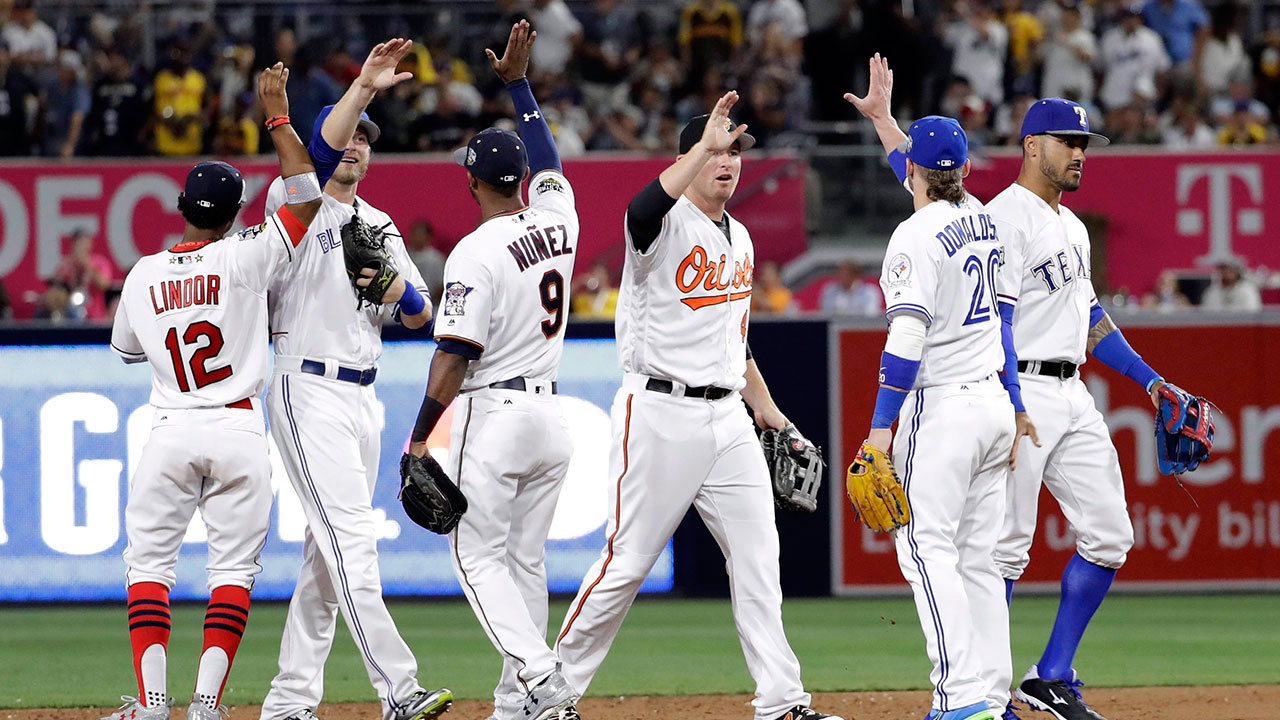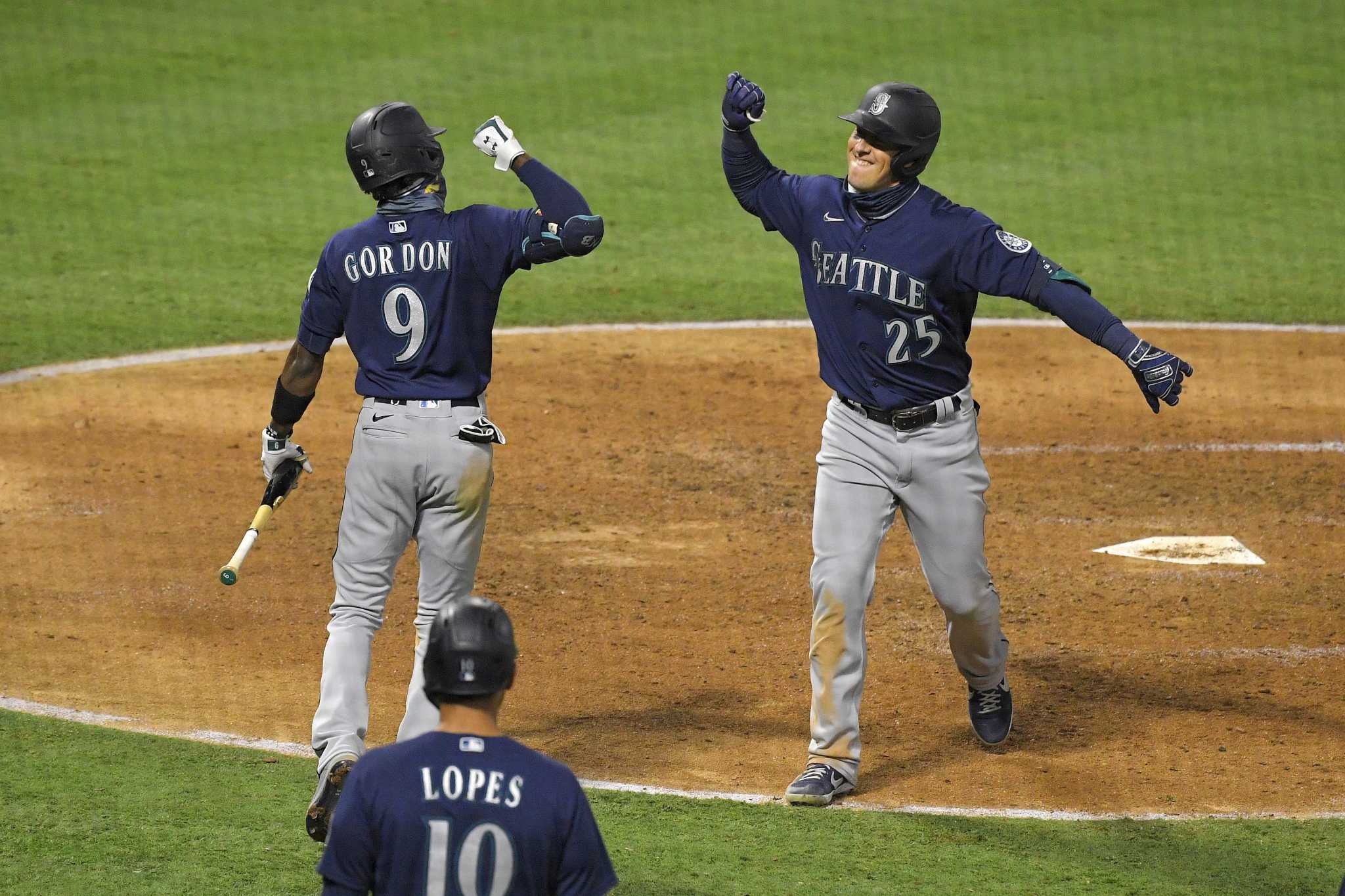
Late Wednesday night, with the deadline looming for the expiration of Major League Baseball’s collective bargaining agreement, the players’ association and the league came to an agreement on a new five year CBA. There was really only a very minimal chance that there would be a lockout. There’s simply too much money at stake. With NFL ratings in decline and on the heels of the most watched World Series in history, MLB and the MLBPA couldn’t afford to screw up this one. So, a deal was struck in principle, with a few minor details still to be ironed out.
Revenue sharing was settled a while ago, with details around compensatory picks for signing free agents who have received qualifying offers from their previous teams being the most complicated issue to be resolved. Luxury tax thresholds are going up modestly. The roster remains at twenty-five during most of the season with no changes in September to the ridiculous wave of call-ups and roster expansion. Minor increases in minimum salaries will kick in next season and there’s now a hard cap on international spending. Nothing really too exciting for the casual fan.
Then early Thursday morning, it was reported that the most stupid rule in all of sports had been removed from the current CBA. (OK, maybe aggregate goals determining a winner in soccer, rather than WINNING games is more stupid). No longer would the winner of the pennant in the league that had won the All-Star game automatically be awarded home field advantage for the World Series. In a novel and utterly unprecedented move, MLB and MLBPA agreed that the team with the BEST RECORD should host the World Series. Wow!
How it Came to Count
As most baseball fans know, following the 2002 All-Star game that ended in a tie, then commissioner Bud Selig, embarrassed that such a fiasco should happen in his own backyard of Milwaukee, Wisconsin, implemented the “experiment” of making the All-Star game outcome “count” for home field advantage in the World Series. In a sport with the longest and most meaningful regular season, where it’s championship would be hosted would be determined by a single exhibition game, played, for the most part, by disinterested participants whose teams wouldn’t necessarily even sniff the post-season. Brilliant. Inexplicably, this lunacy was codified into several subsequent CBAs.
To be fair, since the “now it counts” rule was implemented in 2003, the team with the best regular season record has only been “screwed” in the World Series twice. The 2004 St. Louis Cardinals, with a 105-57 regular season record, were forced to play the first two games of the World Series in Fenway Park against the 98-64 wild card Boston Red Sox. The Sox were coming off the historic comeback from 3-0 down to the New York Yankees and proceeded to steamroll the Cards in four. Maybe it didn’t matter, but given the emotional high the “idiots” were on that post-season, playing at home to try to break the curse couldn’t have hurt.
The only other instance in which the team with the better record ceded home field advantage due to the outcome of the All-Star game and then lost the series was the 2011 Texas Rangers. After going 96-66 in the regular season, the Rangers were forced to travel to St. Louis to begin the World Series against the 90-72 Cardinals. Now, one could easily argue that manager Ron Washington leaving Nelson Cruz in right field, rather than making a defensive substitution in game seven, and thus allowing a fairly routine liner to sail over Cruz’s head and spur the Cardinals comeback is the more immediate reason for the Rangers’ loss. But, if Cruz had had the luxury of the more spacious Arlington outfield, perhaps Washington’s bad decision would’ve been negated and the outcome might have been different.
One Less Thing to Gripe About
And, ultimately, it shouldn’t matter that only two out of fourteen teams have lost a World Series when they should have had home field advantage based on six months of work, not three hours in early July. Somethings are just wrong. With the new CBA, there’s now, finally, one fewer thing to gripe about in baseball.




